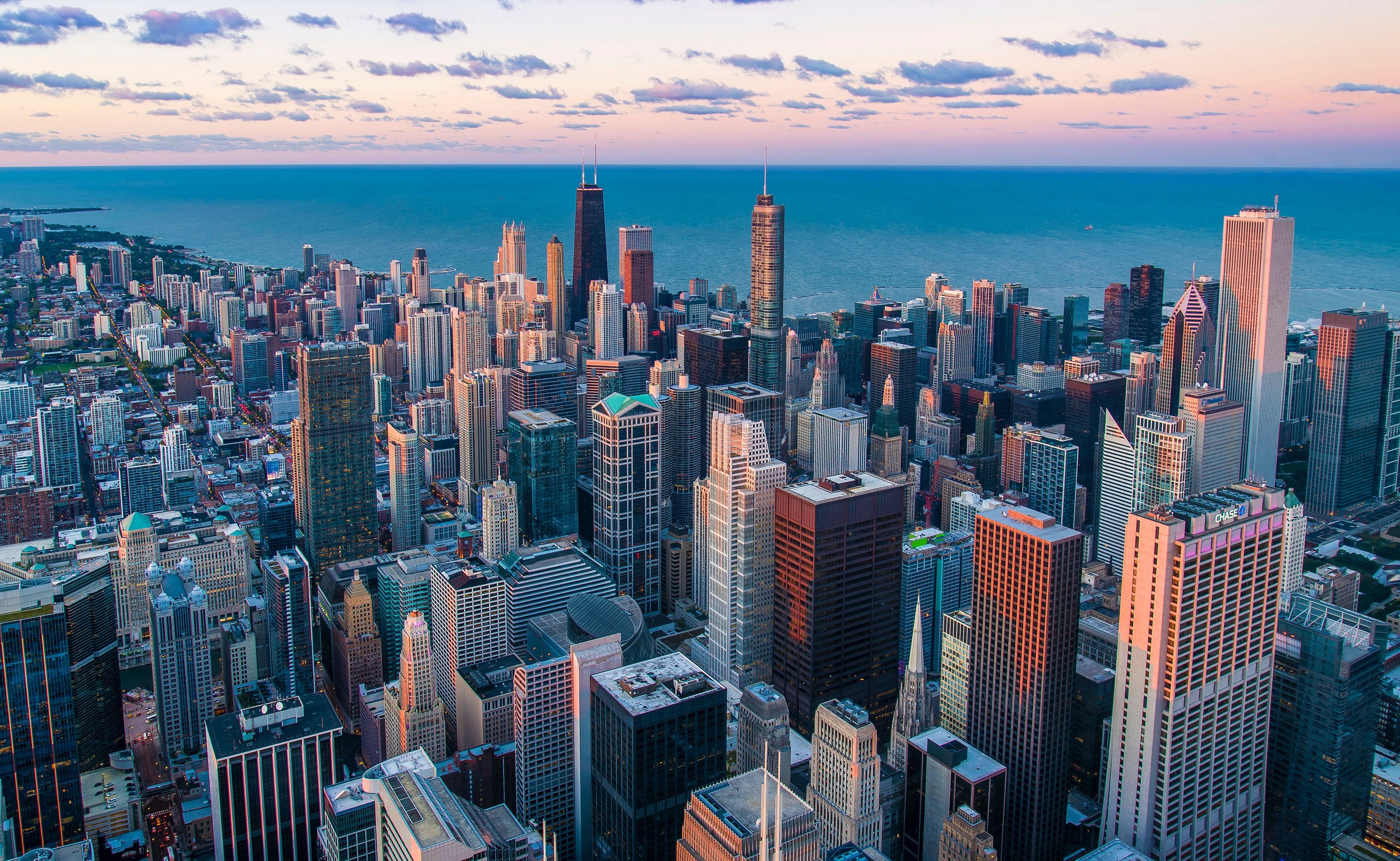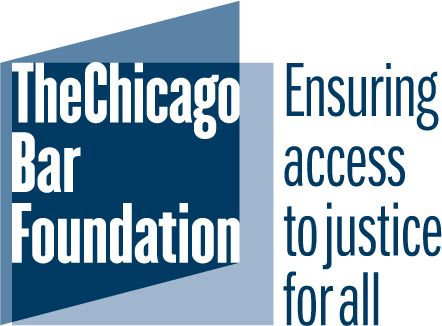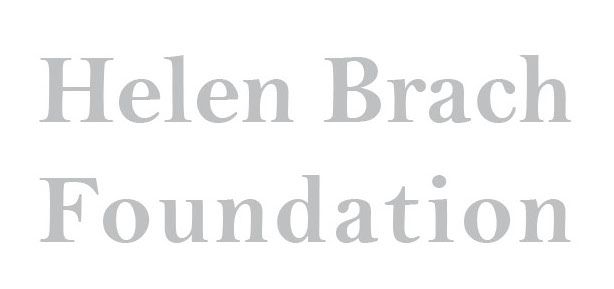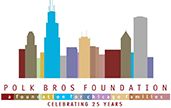I am appalled, saddened, and angered by the vote this week by the >Chicago City Council to give $16 million in taxpayer money to subsidize a luxury high-rise development on the site of the old Cuneo Hospital/Maryville Hospital in Uptown. This $16 million TIF will divert much-needed money from Chicago’s schools and parks over the next 18 years. A few feet away from this luxury high-rise, dozens of people live in tents under Lake Shore Drive; people who desperately need subsidized housing. Unfortunately, this callous disregard for human beings is now standard operating procedure in Chicago.
When I moved to Uptown in 1978, it was a vibrant community, shared by rich and poor, and a wide variety of races and ethnicities. Immigrants from all over the world lived next door to families who moved to Chicago from Appalachia, and others who could trace their roots to the Mayflower; coupled with the largest concentration of Native Americans in the Midwest, whose family roots stretched back for millennia before the Mayflower. It was a majority poor neighborhood, with the highest concentration of poor white people in the United States, and also the largest Black population in Chicago outside of the segregated communities on the West and South sides. Most people, including most poor people, lived in privately-owned housing, with a smattering of subsidized apartments scattered through the neighborhood. This building-by-building, apartment-by-apartment diversity is exactly what my wife and I loved about Uptown.
Since the early 70s, this diversity has been under attack by developers, real estate agents, and those in the community more interested in their property values than in the human costs imposed by displacement. And those costs are real. When families are forced to move, they face a financial disaster: they need to pay first and last month’s rent, movers, and often to reconnect utilities. Children suffer whenever they are forced to change schools, disrupting their education. Under the best of circumstances, moving is extremely stressful. When the move is not voluntary—like when it results from eviction—the stress is much, much worse.
While the pressure of gentrification in Uptown has been intense, the neighborhood has fought back. This fight lead to the founding of the Uptown People’s Law Center, where I have worked since 1991, and now have the honor of serving as the Executive Director. UPLC has been an ally against gentrification for almost 40 years. Under prior administrations, development in Uptown has proceeded slowly, surely, inexorably, but always with an eye towards ensuring that there remained a place for the least-advantaged members of our community. As a result of that development process, today Uptown is much wealthier (and much whiter), and most of the private housing stock in Uptown is occupied by people with money. But thousands of poor and working people remain as our neighbors, now mostly living in apartments where the rent is subsidized under a variety of government programs.
This diversity is now under attack as never before—not just in Uptown, but throughout Chicago. In Uptown, over the last six years under Mayor Emanuel and Alderman Cappleman, almost 1,000 units of low cost housing have been lost. Each of these buildings was occupied by a racially and ethnically diverse group of people. They are now occupied overwhelmingly by white people from outside the neighborhood. The City has also been at war with the homeless population, seeking to force out of business the one remaining cubicle hotel, drive away groups that fed the homeless, and used the police to harassthe growing number of people forced to form “tent cities” under the Lake Shore Drive overpasses in Uptown. The loss of these 1,000 members from our community has been devastating. But this was only the beginning.
UPLC remains in the forefront in the battle to ensure that poor and working people have a place in Uptown. We defend tenants facing illegal evictions from private housing, tenants facing illegal terminations of their subsidies, and entire families that face eviction because, for example, a teen was allegedly smoking a joint. As a result of UPLC’s work over the last 40-plus years, hundreds of families have been able to remain in Uptown, and thousands of units of low-cost housing remain.
But despite UPLC’s work, Uptown is approaching a tipping point. The City is on the verge of providing subsidies and other development assistance to several massive new luxury housing developments which would destroy the Uptown community I have come to know and love so well.
As a result of this week’s City Council vote, the Maryville luxury high rise apartments will be subsidized under the TIF program. Cedar Street Cos., which was responsible for the displacement of hundreds of people from Uptown, has proposed two mid-rise developments on Wilson Avenue, within steps of the Red Line station, with a total of 240 units of high-cost housing, to be subsidized under the City’s “transit-oriented development” program. Cedar Street has also proposed three towers of luxury housing to be constructed on the site of the old Combined Insurance Building at 5050 North Broadway—currently the location of the Illinois Department of Human Services. The Wilson Hotel—one of two remaining cubicle hotels in Chicago—is for sale, slated for market rate housing.
In contrast to earlier large-scale developments like Wilson Yards and Pensacola Place, not a single unit of the hundreds of new high rent apartments in Uptown being considered for subsidies by the City will be affordable to low income residents. Not one will help house the homeless. Not one will be affordable by a person surviving on a Social Security check.
The battle for Uptown (and the fight against displacement citywide) has always been a battle to maintain our communities. Communities consist of people, not buildings. You do not improve a community by displacing current residents; that is how you destroy a community. The only ones who gain are the developers, and the politicians whose campaigns are financed by those developers. People must come before profits. Chicago has lost its way.
